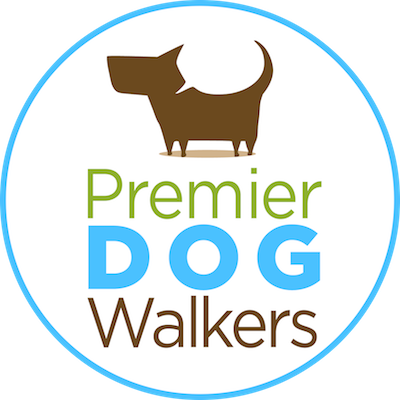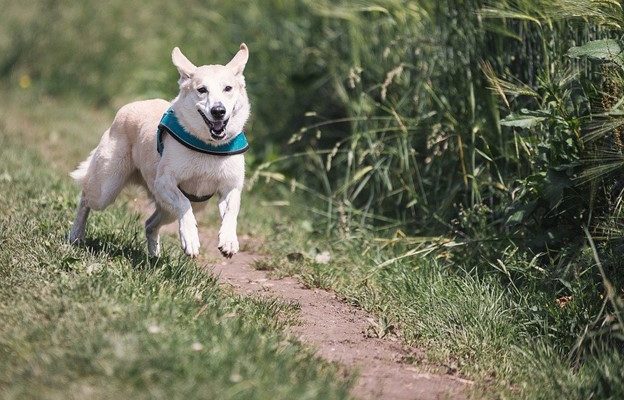Spotting the Signs of a Poorly Socialized Dog and What You Can Do About It
Spotting the Signs of a Poorly Socialized Dog and What You Can Do About It
Spotting the signs of a poorly socialized dog is crucial for any responsible pet owner, as it directly impacts your dog’s wellbeing and your bond with them. A socializing dog with other dogs not only enhances their behavior but also ensures they lead a happier, more fulfilled life. Recognizing behaviors such as excessive growling, fearfulness, or aggression towards other dogs can indicate issues in socialization. In this piece, we will guide you on how to socialize a dog that growls at other dogs, providing practical tips and expert advice to help your furry friend thrive in social settings. Join us as we explore the importance of dog socialization and how you can foster a positive, friendly environment for your pet.
Recognizing a Poorly Socialized Dog
Common Behavioral Signs
Recognizing the signs of a poorly socialized dog is key to addressing potential issues early on. Common indicators include excessive growling or barking at other dogs and people, which often stems from fear or anxiety. Aggression, such as lunging or snapping, can also suggest discomfort in social situations. A dog may show signs of fearfulness, such as cowering, trembling, or attempting to hide, when confronted with new environments or unfamiliar animals. Additionally, a poorly socialized dog might exhibit overexcitement or hyperactivity when encountering other dogs, making it challenging to control them. These behaviors can hinder their ability to interact positively and may lead to stress for both the dog and owner. Understanding these signs allows you to take proactive steps in how to socialize a dog that growls at other dogs, promoting a healthier and more balanced lifestyle for your pet.
Impact on Dog’s Wellbeing
A poorly socialized dog can face significant challenges that affect its overall wellbeing. Dogs lacking socialization may experience heightened anxiety, which can lead to stress-related health problems over time. Behavioral issues, such as aggression or fearfulness, can impede their ability to enjoy everyday activities, reducing their quality of life. Moreover, these dogs often struggle with forming healthy relationships with other animals and humans, which can result in isolation or loneliness. The stress of encountering unfamiliar situations can also lead to physical symptoms like a weakened immune system, making them more prone to illnesses. Socializing a dog with other dogs is essential as it helps them adapt to new environments and experiences confidently. By recognizing and addressing the signs of a poorly socialized dog early on, you can improve their mental and physical health, ensuring they lead a happier, more fulfilled life.
Consequences for Owners
Owning a poorly socialized dog can present several challenges for pet owners. One of the primary issues is the increased difficulty in managing a dog’s behavior, especially in public or around other animals. This can lead to stressful outings and limit the activities you can enjoy together. Additionally, a dog that exhibits aggression or fearfulness can pose a liability risk, potentially leading to incidents involving other pets or people. This situation may require more time and resources to invest in training and behavior modification, which can be both financially and emotionally demanding. Furthermore, the strain of handling a poorly socialized dog can affect the bond between pet and owner, leading to frustration and reduced enjoyment of pet ownership. Addressing these issues by focusing on how to socialize a dog that growls at other dogs can enhance both your dog’s life and your experience as a responsible pet owner.








